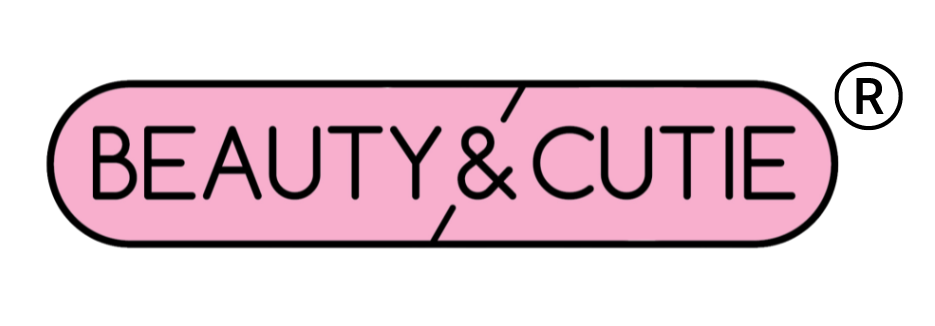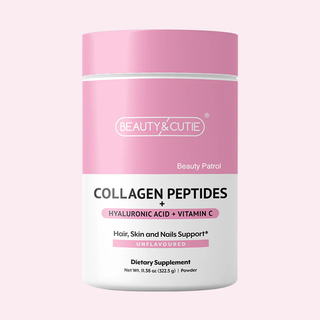Establishing a regular hair-washing practice is crucial if you want to encourage healthy hair development. However, how frequently should you truly wash your hair? There isn't a universal solution. Your hair type, texture, and lifestyle are just a few variables that may affect how frequently its necessary you wash your hair. In this post, we'll examine the science of hair growth and consider how frequently to wash various hair types. Prepare to discover how to treat your hair with the care it requires to thrive!
How Often Should You Shampoo And Condition Your Hair For Hair Growth?
Maintaining healthy hair growth requires balancing shampoo and conditioning routines to fit your hair type and lifestyle. Typically, conditioner after every wash and shampoo every 2-3 days is recommended by dermatologists and experts.
Over-shampooing can deteriorate your hair of its natural oils, leaving it dry and brittle, which can ruin the ability to grow new hair. A buildup of oils and product, on the other hand, might clog hair follicles and prevent development if you wash your hair too seldom. Regular conditioning can help keep your hair hydrated and nourished, which can help avoid breakage and encourage growth and cleanliness.
Make sure to choose a conditioner that's appropriate for your hair type and apply it evenly from mid-length to the ends, avoiding the roots.
You may encourage healthy hair growth by eating a balanced diet, staying hydrated, and avoiding excessive heat styling in addition to finding the best shampoo and conditioner routine. With consistent care and attention, you can help your hair reach its full growth potential.
What Determines How Often You Should Wash Your Hair?
There isn't a one-size-fits-all answer to how often you should wash your hair. It varies depending on several factors, including your hair type, texture, and lifestyle. Here are some of the variables to consider:
Hair type: Different hair types have varying requirements for washing. For instance, curly and coily hair tend to be drier and more prone to breakage, which means they don't require as much washing as straight hair. If you have curly or coily hair, you may need to wash it less frequently than someone with straight hair.
Hair texture: The texture of your hair also plays a role in how often you should wash it. Fine hair, for example, tends to look greasy faster than thick hair, which means you may need to wash it more often. On the other hand, thick hair may take longer to get greasy, so you may not need to wash it as frequently.
Lifestyle: Your lifestyle can also determine how often you should wash your hair. If you exercise regularly and sweat a lot, you may need to wash your hair more frequently to remove the sweat and prevent odor. If you work in a polluted environment or are exposed to a lot of dust and dirt, you may also need to wash your hair more often.
Overall, it's essential to find a balance between washing your hair enough to keep it clean and healthy and not over-washing it and stripping it of its natural oils. Talk to a hair care professional or experiment with different washing frequencies to find the best routine for you. Don't forget to use products like conditioner, masks, and styling products that are specifically formulated for your hair type to keep it looking its best. With regular care and maintenance, you can have healthy, beautiful hair that will last for many years.
How Does The Season Affect Your Shampoo Schedule?
As the seasons change, so should your hair care routine. The colder months can be especially harsh on your hair, causing dryness and damage. Here's how the season affects your shampoo schedule and what you can do to keep your hair healthy and beautiful all year round. In the winter, the air is drier, which can lead to dry, brittle hair.
For this reason, using a moisturizing shampoo and conditioner is crucial during the winter. Consider applying a hair mask once a week to offer your hair additional hydration and nutrients. On the other hand, because of the increased sweating and humidity throughout the summer, you might notice that your hair becomes greasier more quickly. To maintain your hair clean and fresh in this situation, you might need to wash it more frequently.
Ultimately, the season should be just one of many factors to consider when determining your shampoo schedule. Remember to also take into account your hair type, texture, and lifestyle. If you're unsure about how often you should wash your hair, consult with a hair care professional who can offer personalized advice.
Remember to feed your hair from the inside out with a healthy diet rich in vital vitamins and minerals. Eating nutrient-rich food like lean protein, fruits, veggies, legumes, nuts & seeds supports growth of healthy hair. Don't forget to consume plenty of water as well. When all these little things are done at once, your hair's health, appearance, and feel can be much improved.
How Can I Ensure My Hair Is Getting The Best Care For Growth When Washing?
Beautiful, healthy hair is something everyone desires. However, many of us struggle with hair growth and strength, often leading to hair thinning, breakage, and hair loss. Fortunately, there are ways to maximize hair growth, starting with your hair-washing routine. Here are some tips to help you promote healthy hair growth while washing your hair:
Use lukewarm water: Hot water can strip your hair of its natural oils, leaving it dry and prone to breakage. On the other hand, cold water can constrict your hair follicles, making it harder for your hair to grow. To promote healthy hair growth, use lukewarm water to wash your hair.
Use the right shampoo: Pick a shampoo that is appropriate for the type of hair you have. Use a hydrating shampoo on dry hair, and a clarifying wash on greasy hair. Sulfates and other harsh chemicals shouldn't be used in shampoos since they might strip your hair of its natural oils.
Rub your scalp: Use your fingertips to massage your scalp after shampooing your hair. This can encourage healthy hair development by increasing blood flow to your hair follicles.
Rinse thoroughly: Make sure you rinse your hair thoroughly after shampooing and conditioning. Any leftover product can cause buildup on your scalp, which can lead to hair loss.
Use a wide-tooth comb: Use a wide-tooth comb to brush and detangle your hair after a good wash. Breakage can obstruct hair growth, thus this will aid in preventing it.
Don't over-wash your hair: Clean is crucial, but so is the right frequency. Too much washing can deplete natural oils. This leads to hair drying out and breakage. Do not wash your hair more than two or three times every week.
Use protective styles: When styling your hair, opt for hairstyles that are protective such as braids, twists, or buns. This will help to keep your ends tucked away and can reduce breakage.
By following these tips, you can ensure that your hair is getting the best care for growth when washing. Remember, healthy hair starts with a healthy hair-washing routine.
Conclusion
In conclusion, promoting healthy hair growth starts with your hair-washing routine. Use lukewarm water, massage your scalp, use sulfate-free shampoo, rinse thoroughly, and avoid over-washing. With these tips, you can ensure that your hair is getting the best care for growth. Remember, beautiful and healthy hair takes time and effort, but it's worth it in the end. So, start implementing these tips in your hair care routine and watch your hair grow long, strong, and healthy.
Final Thoughts
True beauty begins from within. Beauty and Cutie's collagen powders deliver the essential nutrients your hair, skin, and nails need to thrive. Packed with a powerful blend that supports collagen production and cell renewal, our formula helps you achieve a naturally radiant glow. Trust Beauty and Cutie to bring out your most confident, beautiful self.
Sources
- https://www.byrdie.com/how-often-should-i-wash-my-hair-4780215
- https://blog.amphy.com/hair-growth-tips-how-often-should-you-wash-your-hair/
- https://www.goodhousekeeping.com/health/diet-nutrition/g26975180/food-for-hair-growth/
*These statements have not been evaluated by the Food and Drug Administration. This product is not intended to diagnose, treat, cure or prevent any diseases.


